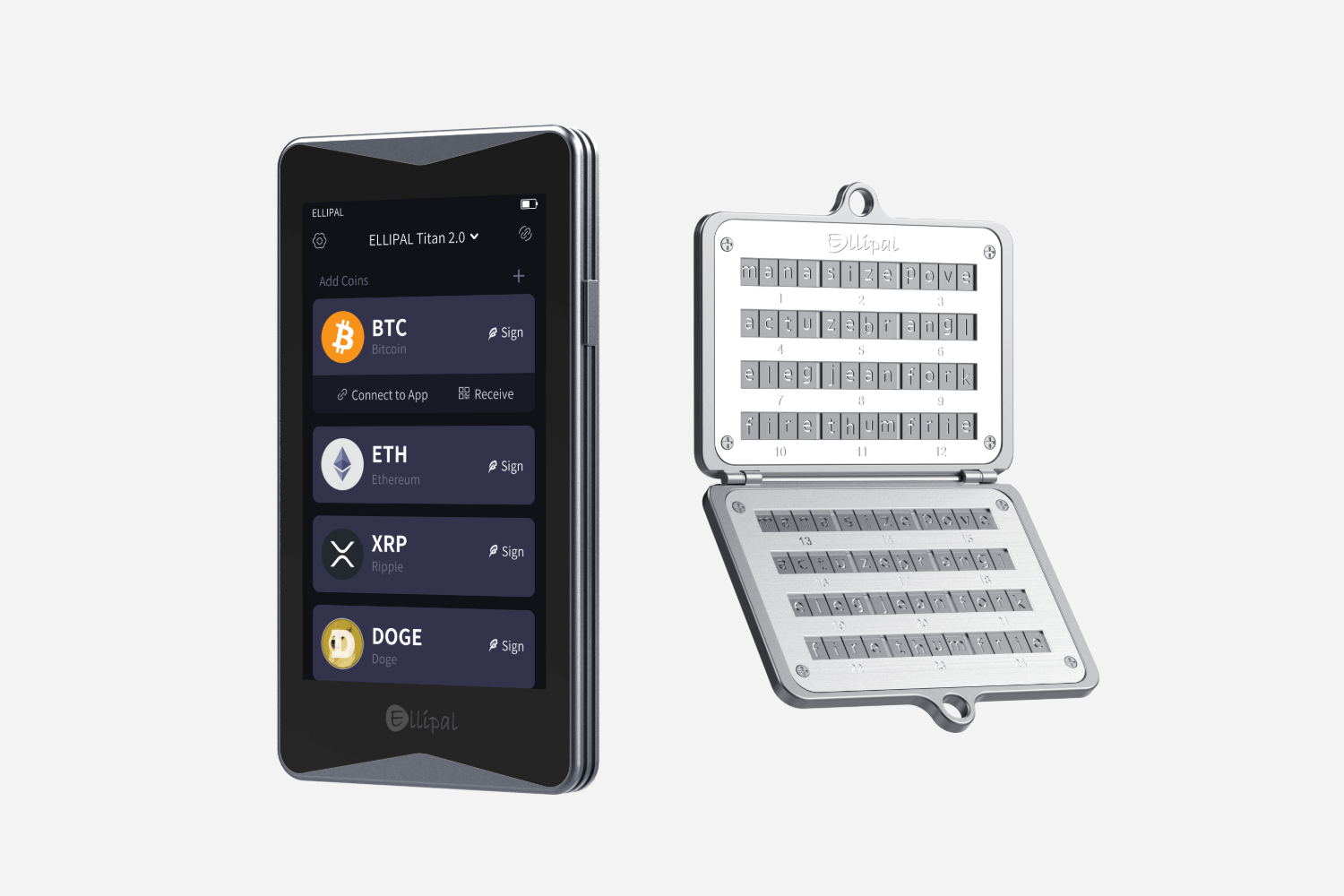Unlock the Secrets of Hardware Wallets: Your Ultimate Guide to Secure Crypto Storage!
As the world of cryptocurrency continues to expand, the importance of secure storage solutions has never been more critical. Enter the hardware wallet—a physical device designed specifically for storing cryptocurrencies securely. With the rise of cyber threats and the potential for loss through software vulnerabilities, hardware wallets offer a robust alternative for those looking to protect their digital assets. These wallets not only safeguard your investments but also provide peace of mind, knowing that your private keys are stored offline, away from the prying eyes of hackers. In this guide, we will explore what hardware wallets are, how they work, and the advantages they offer over other wallet types, ensuring you are well-informed as you navigate the crypto landscape.

What is a Hardware Wallet?
A hardware wallet is a specialized device that securely stores your cryptocurrency private keys in a physical format. Unlike software wallets, which are applications that can be installed on your computer or smartphone, hardware wallets are standalone devices that provide a higher level of security. These wallets typically look like USB drives or small electronic devices with screens, allowing you to interact with your crypto assets without exposing your private keys to the internet. The primary function of a hardware wallet is to keep your keys offline, making them immune to online hacking attempts and malware. This physical isolation is what sets hardware wallets apart, ensuring that even if your computer is compromised, your digital currencies remain safe and sound.
How Does a Hardware Wallet Work?
Hardware wallets operate by generating and storing your cryptocurrency private keys offline, providing a secure environment for managing your assets. When you set up a hardware wallet, it creates a unique set of keys that are stored within the device itself. This process ensures that your private keys never leave the wallet, reducing the risk of exposure. When you want to make a transaction, the hardware wallet signs it internally without revealing the private key to the connected device, such as a computer or smartphone. This signing process utilizes secure elements, which are tamper-resistant chips designed to protect sensitive data. The wallet will only connect to the internet briefly to broadcast the signed transaction, ensuring that your keys remain secure throughout the process. By keeping your private keys offline and using secure transaction signing, hardware wallets provide a reliable method for managing and securing your cryptocurrency investments.
Advantages of Hardware Wallets Over Other Wallet Types
Hardware wallets offer several key advantages compared to software wallets and paper wallets. First and foremost is enhanced security; by storing private keys offline, hardware wallets provide a significant barrier against hacking and malware attacks. Software wallets, while convenient, are often vulnerable to online threats, which can lead to the loss of funds. Additionally, hardware wallets are user-friendly, making them suitable for both beginners and experienced users alike. They typically come with easy-to-navigate interfaces and clear instructions, allowing for straightforward transactions. Another advantage is the ability to support multiple cryptocurrencies, giving users the flexibility to manage various digital assets from a single device. Personal experiences shared by friends reveal that transitioning from software wallets to hardware wallets has given them peace of mind, knowing their investments are safeguarded from potential cyber threats. Overall, the combination of security, usability, and versatility makes hardware wallets an excellent choice for cryptocurrency holders.
Choosing the Right Hardware Wallet
When selecting a hardware wallet, several factors should be considered to ensure you choose the right one for your needs. First, look for security features such as two-factor authentication, secure elements, and a strong reputation for firmware updates. A user-friendly interface is also essential, as it will make managing your assets easier and more efficient. Compatibility with various cryptocurrencies is another important factor; ensure that the wallet you choose supports the digital currencies you intend to store. Additionally, consider the device's backup and recovery options, as these features can be crucial in case of loss or damage. Researching user reviews and community feedback can provide valuable insights into the reliability and performance of different hardware wallets. By weighing these factors, you can confidently choose a hardware wallet that meets your security needs and enhances your cryptocurrency experience.
Importance of Hardware Wallets in Cryptocurrency Security
In conclusion, hardware wallets play a vital role in securing cryptocurrency investments in an increasingly digital world. By understanding what hardware wallets are, how they function, and their advantages over other wallet types, you can make informed decisions regarding your crypto storage solutions. The enhanced security, ease of use, and versatility they offer make them a preferred choice for many cryptocurrency enthusiasts. As the importance of safeguarding your digital assets grows, investing in a reliable hardware wallet is a proactive step towards ensuring your financial future in the realm of cryptocurrency.







